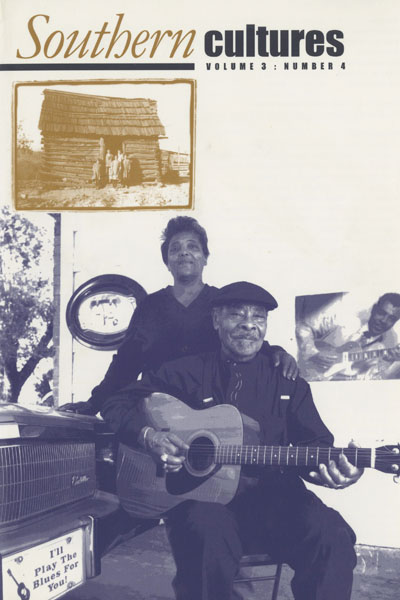University Press of Virginia, 1996
Few aspects of agricultural and rural history have been more thoroughly studied than plantations. Planters and plantations have not only drawn the detailed attention of scholars, but of novelists and popular writers as well. This special interest may be explained because over time plantation agriculture has been associated with slavery, racism, large-scale production of staple crops, vast wealth, and political and social domination of localities and entire regions by planters. Some authors have romanticized the plantation and its way of life, while others have condemned it as an economic and social unit that exploited workers and bound them to a life of poverty.


